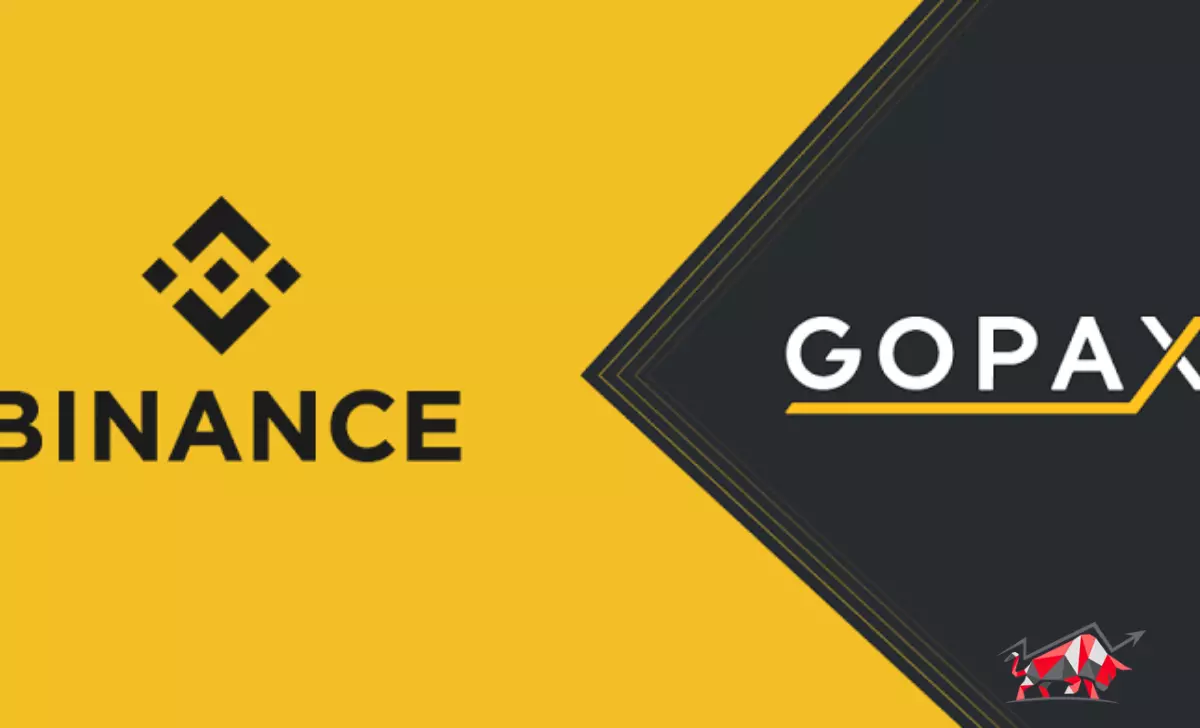The SEC’s lawsuit against Binance could jeopardize the Gopax deal in South Korea, potentially causing significant damage to the crypto exchange.
According to a report in a South Korean daily, the country’s financial watchdog, the Financial Service Committee (FSC), is actively reviewing Binance’s acquisition of Gopax, a local crypto trading platform. Binance acquired a majority stake in Gopax in February with the aim of reentering the South Korean crypto market following a two-year hiatus.
The FSC has reportedly suspended Gopax’s executive change report, which was filed on March 7, citing the recent SEC lawsuit. This report included the nomination of three Binance members, including Leon Singh Poong, CEO of Binance Asia Pacific, as inside directors of Gopax.
During its review of the Gopax deal, the FSC expressed great difficulty in accepting the acquisition request at this stage, considering the alleged accusations of securities law violations and the SEC’s requests to freeze Binance.US assets. One FSC executive emphasized the importance of taking into account the SEC’s lawsuit, stating that they are internally reviewing the report with caution.
Gopax Deal Amongst Other South Korean Endeavors
Binance not only aimed to reenter South Korea through its acquisition of the exchange but also sought to revive the troubled local crypto trading platform. In November 2022, the South Korean exchange faced a setback when it had to halt withdrawals of principal and interest payments from its decentralized finance service, GoFi. This was a result of the collapse of the FTX crypto exchange and the bankruptcy of Genesis, a digital assets financial services firm.
The exchange’s second-largest shareholder and a crucial business partner for its GoFi product was reportedly the Digital Currency Group, the parent company of Genesis. By acquiring Gopax, Binance committed to infusing fresh capital into the exchange to facilitate customer withdrawals and fulfill interest payments for GoFi.
The SEC lawsuit against Binance accused the crypto exchange of commingling customers’ funds and violating various securities laws. In response, the SEC has brought forth 13 charges against the exchange, its subsidiaries, and its CEO, Changpeng Zhao.


